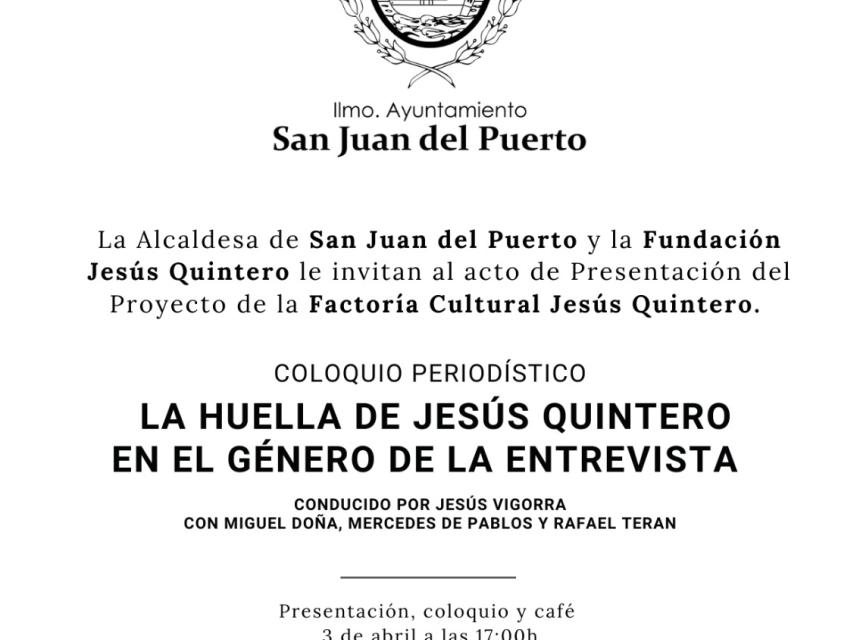Colloquium on Jesús Quintero's impact on the interview genre
Organized by the City Council of San Juan del Puerto, the presentation event for the Project of the Cultural Factory Jesús Quintero took place on April 3rd in the auditorium of this municipality, where the project was dedicated in the final years of Jesús Quintero's life.
Six months after his passing, the event consisted of a panel discussion on "Jesús Quintero's Impact on the Interview Genre." Moderated by journalist Jesús Vigora from Canal Sur, the panel featured the participation of Miguel Doña, director of Radio Huelva at SER; Mercedes de Pablos (Canal Sur); and Rafael J. Terán (coordinator of the Jesús Hermida Communication Center), who highlighted the significance of the legacy of this communicator, particularly in the field of interviewing.
During her intervention, the Mayor of San Juan del Puerto, Rocío Cárdenas, stated, "He was a humanist and prophet who left an indelible teaching and mark," while his daughter, Andrea Quintero, expressed gratitude for the efforts made in their hometown to commemorate her father's figure. She appreciated that the Cultural Factory bears his name and serves as a repository for his audiovisual work and some of his personal belongings.
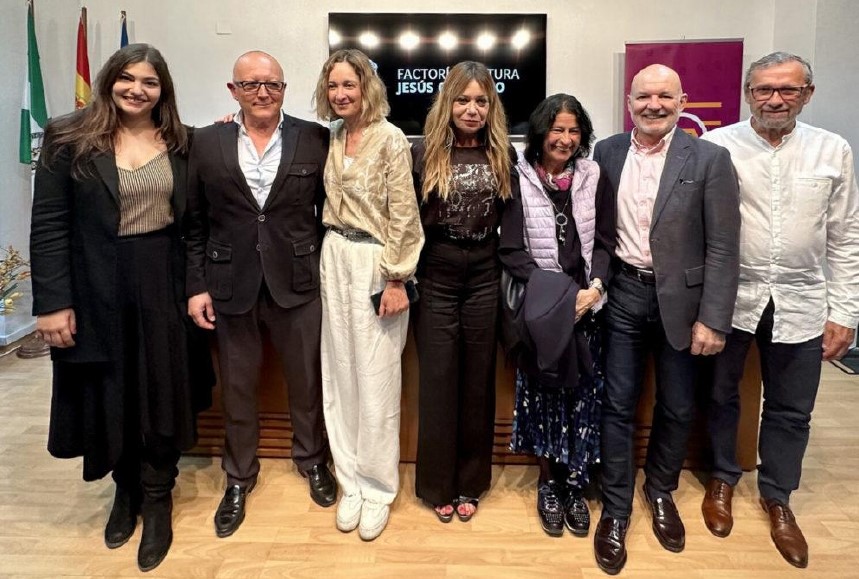
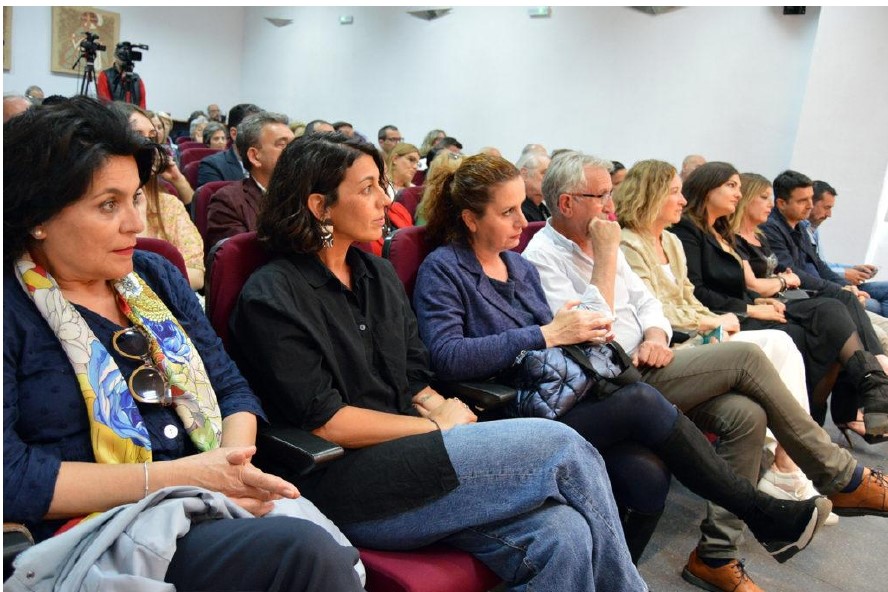
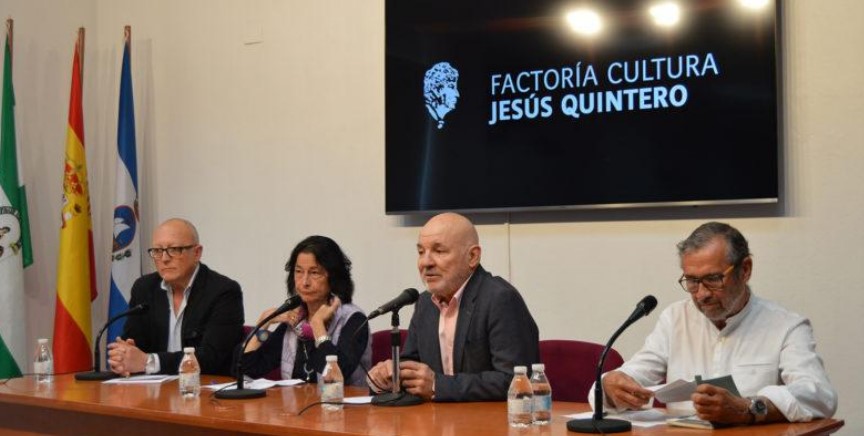
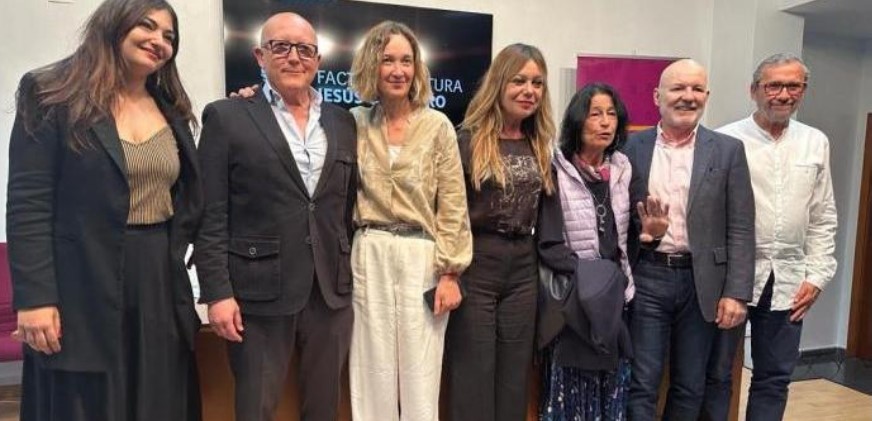
The participants in the panel discussion recalled some of their experiences in their relationship with Jesús Quintero. For Mercedes de Pablos, he "was a father of democracy due to his idea of freedom, a humanist and prophet, a great connoisseur of the medium, who decided to talk about the South and from the South, at a time when everything was done from Madrid... with an Andalusian but universal diction, with an accent that, without abandoning his roots, was perfectly understandable in Chile or Colombia."
Rafael J. Terán distinguished between the Jesús Quintero of radio and the one on television, highlighting two different styles. He noted that "anyone who was going to be interviewed by him was predisposed to bare their soul because he gave himself, forgot about the microphone and the camera..." because Quintero was "a great actor, playing a great role fulfilling a dream."
He also recalled some of his encounters with Quintero and how he was interested in learning about the development of the Jesús Hermida Communication Center project, visiting its facilities on several occasions.
Miguel Doña, in his remarks, mentioned that Jesús Quintero "allowed himself licenses that made him more approachable, used looks as a weapon to make his interviewees say more... defied established powers and even prohibited advertising on his programs, timing his words like no one else in front of a microphone."

